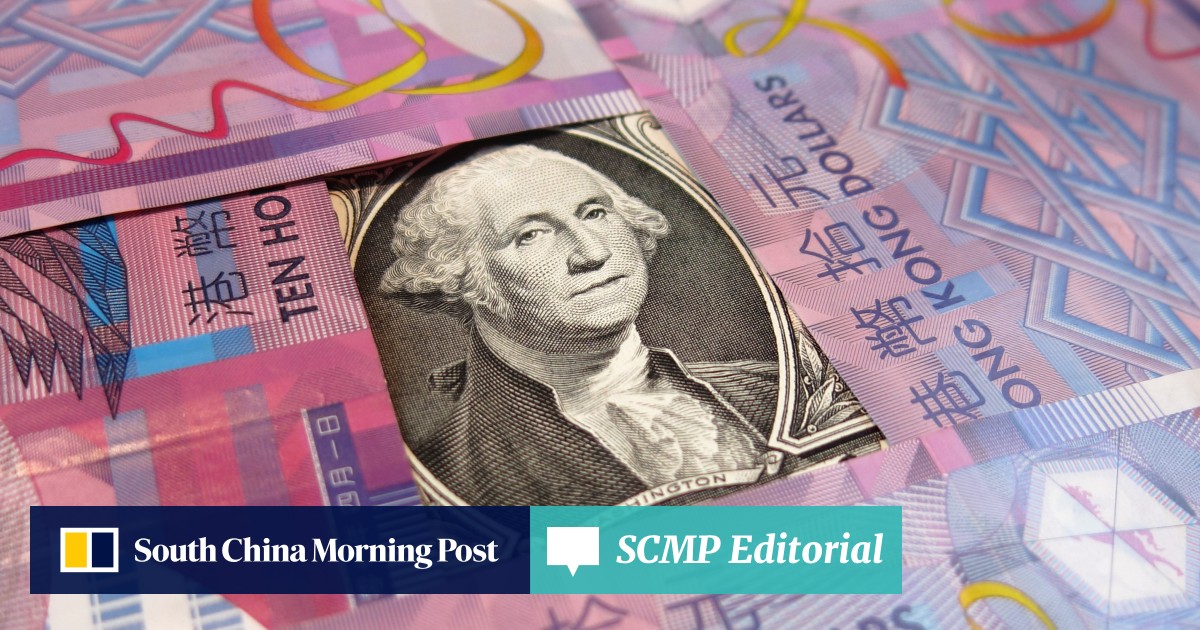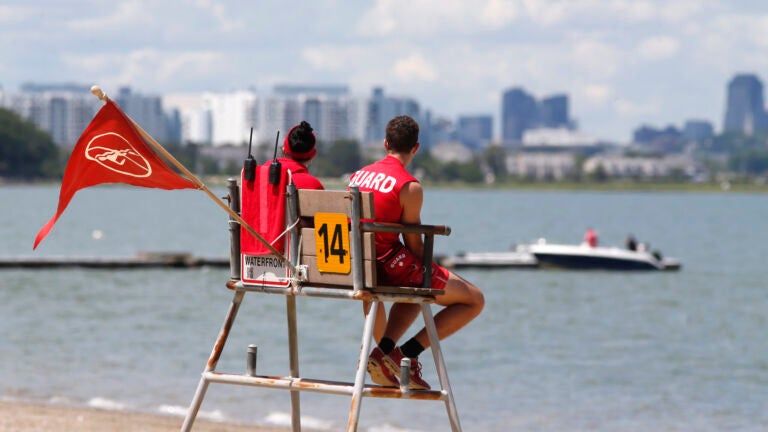
- Select a language for the TTS:
- UK English Female
- UK English Male
- US English Female
- US English Male
- Australian Female
- Australian Male
- Language selected: (auto detect) - EN
Play all audios:
It is time to part ways with the United Kingdom, Nicola Sturgeon told her party’s conference this weekend. Time to prevent Scotland being dragged kicking and screaming out of the European
Union by a Westminster mired in Brexit chaos. Time, even, to adopt a new sovereign currency. And therefore time, once again, to put to the Scottish people the question of independence.
Having announced plans to secure so-called ‘indyref2’ just days earlier, it’s little wonder Scotland’s First Minister found herself basking in admiration at the SNP’s annual get together on
Sunday. Her plea “to get support for independence surging” struck all the right notes with delegates, who’ve endured a topsy-turvy few years. They lost the independence referendum of 2014,
but bounced back with astounding success in the general election a year later. A backslide at the ballot box stung the nationalists in 2017 however, and their drive for independence was put
on hold. But constitutional change begets constitutional change, it seems, and Brexit has put the campaign for Scottish independence firmly back into gear. The UK’s departure from Europe
constitutes the “material change of circumstance” her party said would spark a fresh referendum, Sturgeon claims. In terms of arithmetic, her logic is sound: Scots rejected Brexit by almost
two to one. But scrapping one union to preserve another is a difficult sell for even the most adept of politicians. Recent polls bear this out. While one survey put support for independence
at a new high of 49%, another conducted around the same period put support for secession at just 39%. Between those two, you’ve got a picture roughly the same as it was in the 2014
referendum. When it comes to timing, things are equally inconclusive. Only around a fifth of Scots want a second vote on Sturgeon’s timescale – within the next two years, that is – while
two-fifths don’t want another vote at all. The rest sit somewhere in between. And given the finely balanced interplay between Britain’s Brexit negotiations and Scotland’s independence
campaign, timing is everything. If Scots voted ‘yes’ while the UK is still aligned with the EU – be it during an extension to negotiations, a transitional period, or a reversing of Brexit
altogether – Scotland could well continue abiding by EU rules, easing its accession to the union as a newly sovereign state. That’s according to Dr Kirsty Hughes of the Scottish Centre on
European Relations, who believes “an independent Scotland could in principle rejoin the EU (if Brexit happens) fairly swiftly”. If a vote for independence came after the UK’s regulatory
departure from Europe, things would be significantly trickier. But this, of course, is assuming that indyref2 is allowed to go ahead in the first place. She might be vociferous in her
criticism of Downing Street, but Sturgeon knows that without the Prime Minister’s signature on a so-called ‘Section 30 order’, the legality of a referendum would be fiercely disputed.
Theresa May’s government has roundly refused a second vote, so now the SNP leader is likely plotting a course through Jeremy Corbyn. With May’s departure promised and no breakthrough in the
parliamentary Brexit stalemate, bookies are offering odds as short as 10/11 on an impasse-busting general election this year. Polls suggest Labour would fare best, but lack support for a
bona-fide majority. Enter Sturgeon the king-maker, whose SNP votes could secure No 10 for Mr Corbyn. Her price? Indyref2. But at a time of growing electoral fatigue, a second whirl of the
independence wheel could disengage those the SNP hope to woo. Brexit might’ve carved a path toward another vote on Scotland’s future, but it’s left a protracted and often ugly row in its
wake. The constitutional tumult of leaving a political union is clear for all to see: Sturgeon has her work cut out justifying even more upheaval. Instead, many say the Scottish Government’s
focus should be on domestic policies, not a second referendum. For the SNP, independence comes “first, second and always,” says Pamela Nash of Scotland in Union, a pro-UK grassroots group.
While Sturgeon would dispute this – indeed her conference speech detailed several of her successes, including record levels of NHS funding – some failures are hard to ignore, the steady
slide of Scottish schools in international rankings is a particular blot on her record. Regardless, Scotland’s First Minister says she wants legislation for a new referendum passed by the
end of the year, injecting fresh urgency into the independence movement. Brexit offers her a gilt-edged chance at winning the ‘yes’ vote that eluded her predecessor, but also carries with it
a cautionary tale of constitutional meddling. Her man in Brussels, Alyn Smith MEP, last month beseeched European colleagues to “leave a light on” for Scotland. Ill-lit is the nation’s path
ahead; most, at least, can agree on that.







